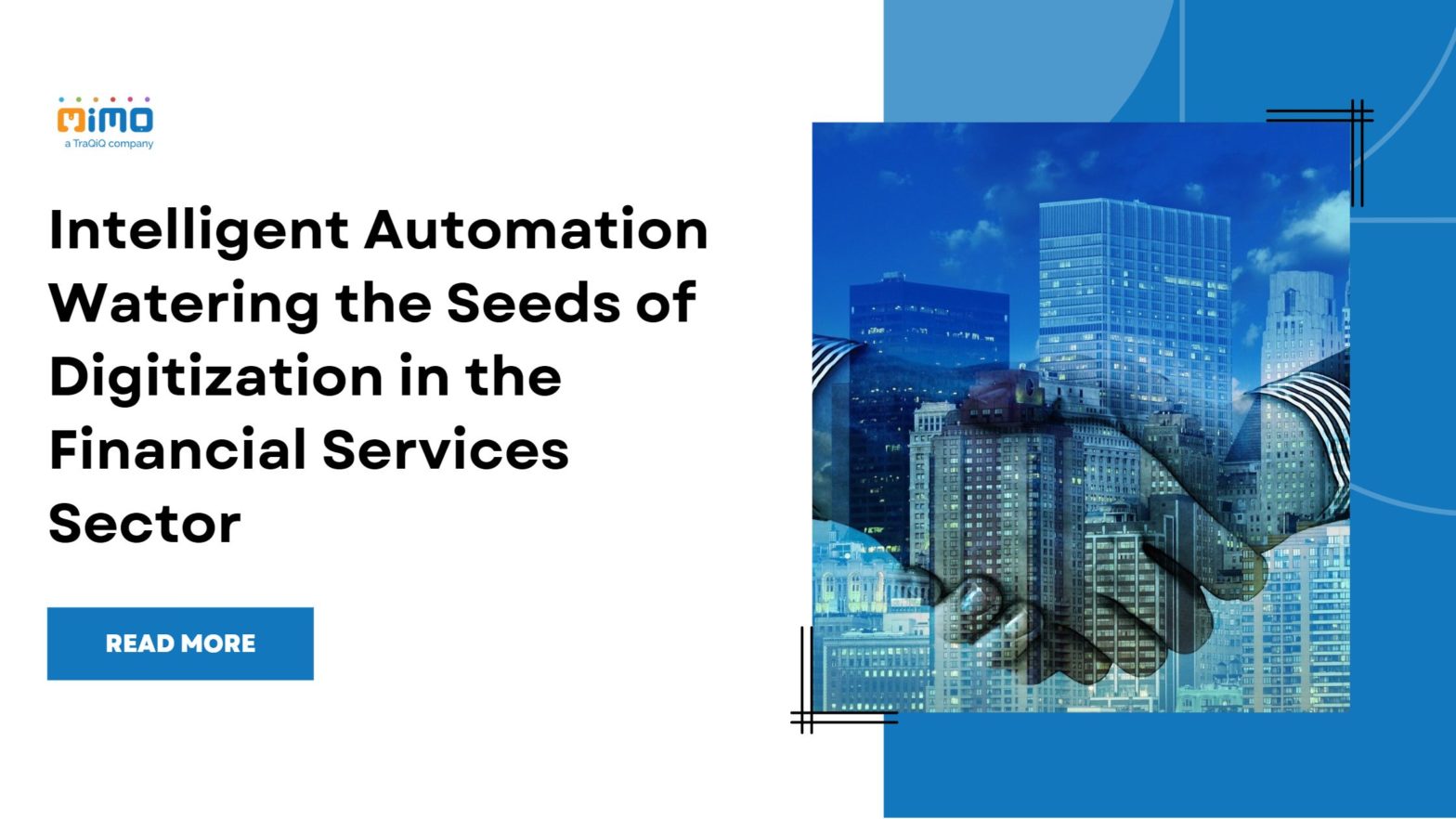
How MFI, NBFC, and Banks can Operate at 10x Faster Speed and Generate More Profits
- March 24, 2023
- 12:09 pm
- banking industry, financial services, MFI, payments
By using digitized technologies, MFI companies, banks, and non-banking financial companies have started to make more money. A company must adopt the right technologies to grow faster in this situation. At the same time, such businesses can reduce their operational costs to a large extent by implementing the technologies.
People have become well-accustomed to digitalized financial transactions nowadays. Therefore, the mobile banking service brings more customer satisfaction. On the other hand, digital processing of various financial services saves people time. Banks and other financial institutions can reduce loan processing by simplifying KYC verification and implementing the latest technologies. In the following section, you can find a guide on how financial institutions can operate faster and generate higher revenue.
Table of Contents
Advanced Self-Service Capability
An advanced self-service capability will help small-scale financial companies to a large extent. The banks often hire third parties to deal with various jobs. For example, a third-party service provider is required for KYC verification. Technology can help banks and other financial institutions adopt self-service capabilities. The financial companies will perform multiple complex tasks without requiring any third-party intervention.
On the other hand, banks and other financial institutions must offer self-service facilities to customers. People want banking services without the hassle of a long verification process. Moreover, people also seek transparency in financial transactions. A digitized platform ensures transparency and provides a self-service facility for customers. Financial institutions can render more satisfactory services to customers with minimal interactions.
API integration for Task Management
A financial organization may have to deal with multiple non-skilled and repetitive tasks. Hiring employees to manage such tasks increases the organization’s operational costs. At the same time, the efficiency of humans is limited. You can get an output at a particular level from a human employee.
The APIs can manage various repetitive tasks with precision and achieve higher efficiency. Moreover, API integration helps financial organizations reduce their dependence on human workers. Many tasks will be automated, which eventually reduces operational costs. As a result, financial organizations can become more profit-making institutions.
Instant Payment Processing Networks

Payment processing is a concern for both small and large financial institutions. Imagine that you run a lending company or a MFI. People expect faster loan processing from such companies. However, quicker loan processing is not the easiest thing to achieve for financial institutions.
Developing a secure payment processing channel is essential. Conventional payment processing is time-consuming, and you can reduce the time by embracing electronic payment.
A digital payment process can happen instantly. However, it may take one to three days for MFIs in most cases.
Cloud Computing for Easy Data Access
Data is the most important thing for a business, and today’s financial institutions make decisions based on data. When you collect and understand data in the right way, it will help your financial institution make better decisions. Most banking and non-banking financial companies invest in developing a powerful cloud infrastructure.
Cloud infrastructure provides easy data access to companies. Financial companies can maintain company portfolios and customer data on cloud storage. Data stored in the cloud is accessible anytime, and KYC verification is expedited. Nevertheless, financial institutions often check the data of loyal customers to provide better services. The overall financial verification will happen seamlessly with the cloud data storage.
Biometric Technology for a Faster Identity Verification
The financial industry has been developed on the foundation of trust. Developing trust is essential to improving customer satisfaction. At the same time, businesses should build a trustworthy brand by adapting to standard security practices.
Biometric technology has become a key technology in such a scenario. The technology assures seamless security in the verification process. Moreover, it brings quicker identity verification for financial institutions. As a result, loan requests have been processed faster due to digital identity verification.
Chatbots for an Automated Customer Support
Besides selling a product, financial organizations must render seamless after-sales service. The customers may have multiple queries regarding a product. Nevertheless, they may inquire about obtaining certain information from a financial company. In such cases, small financial institutions and non-banking companies need help managing a separate customer support department.
Instead of recruiting humans for customer support, implementing chatbots can be more cost-effective and productive. The chatbots deliver all necessary information to the customers without requiring human intervention. With the advent of time, chatbots will become more efficient in providing information to customers or clients.
Process Automation through AI and ML
Intelligent Automation is another key technology for MFI and non-banking financial organizations. The banking sector has already implemented automation and started reaping the benefits. Nowadays, banks can manage multiple tasks without human intervention. Small-scale financial companies should also focus on automation to reduce operational costs.
Artificial intelligence can make an organization less dependent on human resources. Various non-skilled tasks will be performed quickly and accurately. At the same time, machine learning can slowly take over a skilled job while making it easier to manage.
Facilitating Micro Services
Traditionally, the banking sector works with a monolithic approach, which refers to a uniform approach for everyone. But financial requirements vary from one person to another. A lender should check the creditworthiness of a person. Every person has a unique credit behavior, and financial companies must understand their clients with precision.
Understanding the clients helps financial institutions provide various MFI services.

Instead of adopting one approach for everyone, financial companies can offer more customized products for their clients. Introducing such products will enhance the credibility of financial institutions to a large extent.
Internet of Things for Faster performance
Financial companies must embrace the Internet of Things (IoT) to improve performance. The technology helps with faster payment processing. Moreover, financial institutions can introduce smart notifications for their customers. The Internet of Things can also help in developing and managing digital wallets.
Advanced Analytics through Big Data
Financial organizations should adapt to advanced analytics for better decision-making. Making the right decisions is the key to running a business seamlessly. A data-driven approach to decision-making can improve decision accuracy. Moreover, business managers can make critical decisions with more conviction.
Conclusion
So, these are the technologies that MFI, non-banking, and banking institutions can adopt to improve productivity. Technology helps financial companies render better services to their clients. Moreover, adapting to the latest technologies improves organizations’ security of sensitive data. As a result, NBFCs and banks can reduce operational costs and improve revenue. The overall profitability of such organizations increases drastically.
Like this article?
More To Explore

What Factors Should Organizations Consider Before Outsourcing Their Internal Audit Functions?
+91 1141182211 Outsourcing has become a strategic choice for many organizations looking to streamline operations, reduce costs, and enhance efficiency.

Outsourcing Internal Audit: Evaluating the Upsides and Downsides for Your Organization
+91 1141182211 In today’s dynamic business environment, companies face increasing pressure to enhance efficiency, manage risks effectively, and ensure compliance

A Background Verification Guide: Frequently Asked Questions and Their Answers
+91 1141182211 Background verification (BGV) is a crucial process used by employers to ensure they are hiring candidates with accurate





